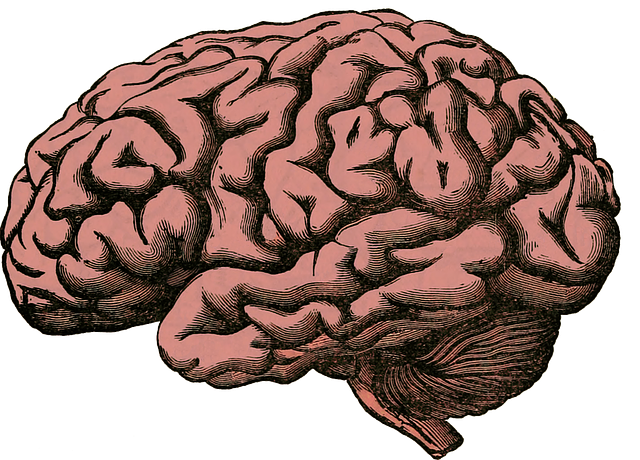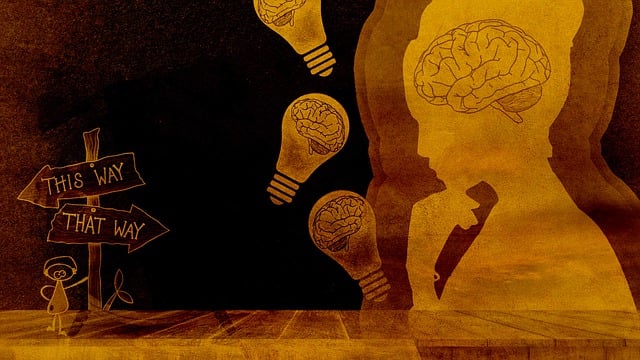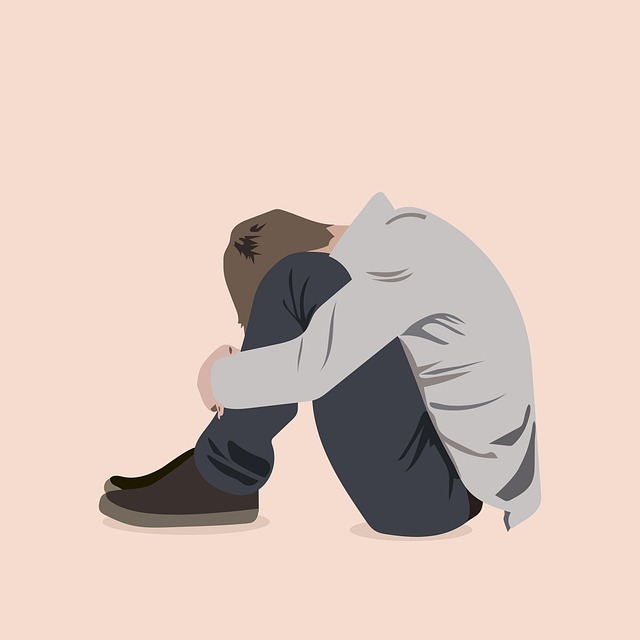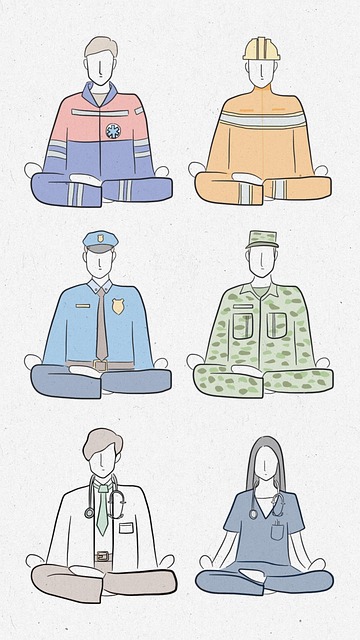Loss, grief, and bereavement are complex emotional responses to significant life changes, like the death of a loved one. Broomfield Cancer Issues Therapy offers a unique, comprehensive approach to emotional support for cancer patients and their families, integrating various mental wellness techniques beyond traditional counseling. Recognizing when professional help is needed (e.g., persistent sadness, anger, difficulty with daily tasks) is crucial. This therapy encourages clients to explore feelings through open dialogue, fostering self-awareness exercises for processing experiences, reframing thoughts, and building resilience. Public awareness campaigns destigmatize grief, while mental health policy advocacy ensures accessible resources for effective coping strategies and supportive communities.
Loss, grief, and bereavement counseling are essential components of emotional healing after a significant loss. This comprehensive guide explores these topics, offering insights into understanding and navigating cancer-related grief. We delve into Broomfield’s innovative approach to cancer support therapy, highlighting its effectiveness in helping individuals cope. Recognizing when professional help is needed is crucial, as we detail signs indicating the necessity of seeking counseling. Additionally, we provide therapeutic techniques and long-term resilience strategies for optimal coping and healing.
- Understanding Loss, Grief, and Bereavement: A Comprehensive Overview
- The Role of Counseling in Cancer Support: Broomfield's Approach
- Recognizing the Signs: Identifying When Professional Help is Necessary
- Therapeutic Techniques for Grieving Individuals
- Building Resilience: Strategies for Long-Term Coping and Healing
Understanding Loss, Grief, and Bereavement: A Comprehensive Overview

Loss, grief, and bereavement are complex emotions that often arise following a significant life change, such as the death of a loved one. Understanding these concepts is essential in providing effective support for individuals navigating these challenging experiences. Loss refers to the absence or diminution of something valued, while grief is the emotional response to loss, characterized by feelings like sorrow, anger, and confusion. Bereavement, on the other hand, is the period following a loss during which an individual copes with their new reality without the presence of their loved one.
Broomfield Cancer Issues Therapy recognizes that each person’s experience of grief is unique and influenced by cultural, personal, and psychological factors. The process of grieving can be lengthy and unpredictable, often involving various stages, including denial, anger, bargaining, depression, and acceptance. Public Awareness Campaigns Development plays a crucial role in normalizing these experiences and reducing the stigma associated with mental illness during times of loss. Mental Health Policy Analysis and Advocacy initiatives further support individuals by ensuring accessible resources and services for grief counseling. By raising awareness and promoting understanding, these efforts contribute to a more compassionate society that offers effective coping strategies and encourages open discussions about bereavement.
The Role of Counseling in Cancer Support: Broomfield's Approach

Counseling plays a pivotal role in supporting individuals and families navigating cancer’s complex journey. Broomfield Cancer Issues Therapy, developed by experts, offers a unique approach to addressing the emotional turmoil often associated with cancer diagnosis and treatment. This therapy goes beyond traditional grief counseling by integrating various techniques tailored to enhance mental wellness.
Through personalized guidance and effective mental wellness journaling exercises, individuals can process their emotions, gain insights, and cultivate resilience. The approach encourages self-care routine development for better mental health, empowering patients to manage stress and burnout prevention. By combining talk therapy with practical tools, Broomfield’s method fosters a holistic healing process, ensuring support extends beyond the cancer ward into everyday life.
Recognizing the Signs: Identifying When Professional Help is Necessary

Many individuals experience loss, grief, or bereavement at some point in their lives, but recognizing when professional help is necessary is crucial. While it’s normal to feel sad, overwhelmed, or confused after a significant loss, prolonged or intense emotions may indicate a need for support. At Broomfield Cancer Issues Therapy, we often see clients who are struggling with the emotional toll of their losses, whether it’s dealing with the death of a loved one, navigating a cancer diagnosis, or coping with other challenging health issues.
Professional counseling can be a game-changer in these situations, offering a safe space to process emotions and build resilience. Signs that it might be time to seek help include persistent feelings of sadness or anger, difficulty carrying out daily tasks, changes in sleep or appetite, social withdrawal, or thoughts of self-harm. Emotional intelligence and mood management skills can be crucial in the healing process, helping individuals understand their emotions and develop healthy coping strategies. Resilience building is another key aspect, empowering clients to face challenges and adapt to life’s inevitable ups and downs.
Therapeutic Techniques for Grieving Individuals

In addressing loss, grief, and bereavement, various therapeutic techniques have proven effective in helping individuals navigate their emotions and heal. One such approach is Broomfield Cancer Issues Therapy, which is tailored to support those dealing with cancer-related losses. This form of counseling encourages clients to explore their feelings through open dialogue, allowing them to express the range of emotions that arise during bereavement—from sadness and anger to guilt and relief. The therapist creates a safe space for these raw sentiments, fostering self-awareness exercises that enable individuals to process their experiences.
Additionally, techniques focusing on positive thinking can be integrated into the therapeutic process. While acknowledging the pain of loss, encouraging clients to reflect on the person they are now, rather than the one they’ve lost, can promote a sense of resilience and hope. This perspective shift, combined with self-awareness exercises, aids in reframing thoughts and cultivating a more positive outlook. Moreover, public awareness campaigns development around grief and bereavement can further destigmatize these issues, encouraging more open conversations and fostering supportive communities for those in need.
Building Resilience: Strategies for Long-Term Coping and Healing

Grief is a complex process that often requires long-term strategies for healing and resilience. After experiencing loss, whether from cancer or other significant events, individuals can benefit from developing coping mechanisms to navigate their emotional journey. Broomfield Cancer Issues Therapy offers valuable resources for those dealing with grief, focusing on building mental fortitude.
One effective approach is cultivating self-awareness through exercises that encourage introspection. By enhancing self-awareness, individuals gain a deeper understanding of their emotions and thoughts, which can help in managing depression prevention. These exercises enable people to recognize triggers, develop healthier coping mechanisms, and foster resilience. Mental health awareness is key to navigating bereavement, allowing individuals to process their grief in a supportive environment tailored to their unique needs.
Loss, grief, and bereavement counseling are vital components in helping individuals navigate their emotional journeys after a significant loss. By understanding these complex emotions and utilizing therapeutic techniques like those offered by Broomfield Cancer Issues Therapy, people can build resilience and find healing. Recognizing the signs of distress and seeking professional help when needed is crucial for managing grief effectively. Through comprehensive support, individuals can learn to cope with their losses and create a path towards long-term emotional well-being.














